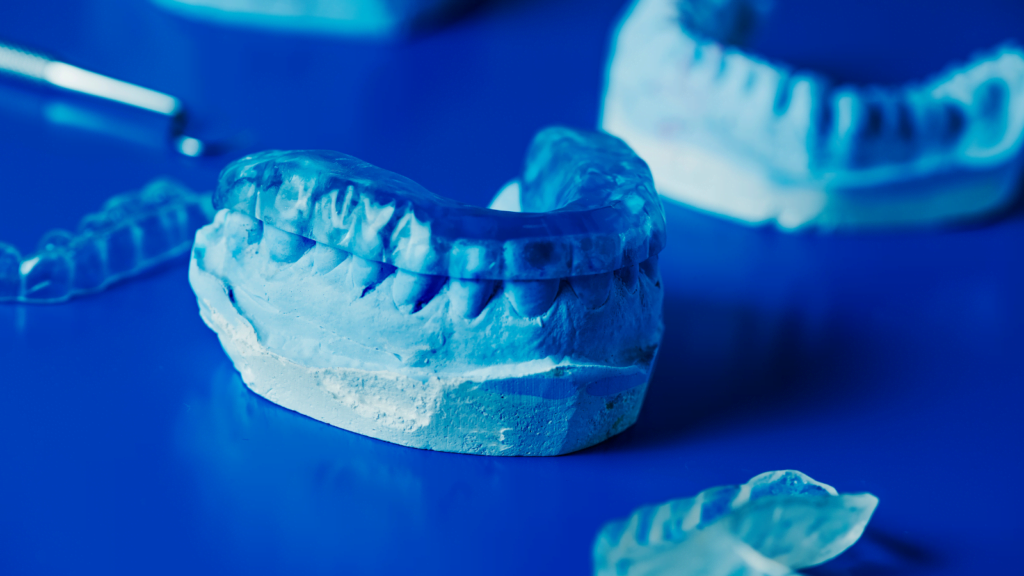A night guard is a dental device designed to protect your teeth from grinding or clenching during sleep. It is typically made of a durable plastic material and is worn over your teeth. The primary purpose of a night guard is to create a protective barrier between your upper and lower teeth, preventing them from coming into direct contact and reducing the damage caused by teeth grinding.
While night guards are effective for many people, some individuals may encounter difficulties in fully closing their lips when wearing them. In this article, we will delve into the reasons behind this challenge and explore various factors that can contribute to the difficulty of closing lips with a night guard.
Night guards are dental appliances specifically designed to address the problems associated with teeth grinding or clenching, which often occur during sleep. There are different types of night guards available, including custom-fit and boil-and-bite options. Custom-fit night guards are crafted by dental professionals to match the unique contours of your teeth, offering the best possible fit and comfort. Boil-and-bite night guards, on the other hand, can be molded at home by softening them in hot water and then biting into them to create a personalized fit.
Regardless of the type, wearing a night guard provides several benefits. It helps protect your teeth from excessive wear, prevents jaw muscle strain, reduces the risk of headaches, and even promotes a better night’s sleep. By understanding the different types of night guards and their advantages, individuals can make informed decisions about their oral health and overall well-being.
A crucial factor in the effectiveness of a night guard is its proper fit. When a night guard fits well, it ensures optimal functionality and comfort. Several factors can influence the fit of a night guard, including its size, shape, and the material used. An ill-fitting night guard can lead to a range of issues, such as discomfort, difficulty in speaking or breathing, and even an increased risk of tooth and jaw problems.
Signs of an improperly fitting night guard may include excessive movement, soreness in the jaw muscles, or an inability to fully close the lips while wearing it. It is essential to recognize these indicators and address them promptly to avoid any potential complications. Seeking professional assistance from a dentist or orthodontist can help ensure that the night guard is appropriately adjusted or replaced to provide the best fit possible.
Reasons for Difficulty in Closing Lips
There are several reasons why some individuals may find it difficult to close their lips when wearing a night guard:
- Thickness or bulkiness of the night guard can impede lip closure. Night guards vary in thickness, and if a night guard is excessively thick or bulky, it can create a physical barrier that prevents the lips from closing naturally. In such cases, reducing the bulkiness of the night guard through adjustments or exploring alternative thinner night guard options may help improve lip closure.
- Incorrect bite alignment can also hinder lip closure. If the night guard alters the natural alignment of your teeth or places your jaw in an incorrect position, it can affect the coordination of the lip muscles, making it challenging to close your lips comfortably. Addressing the issue of bite alignment through professional adjustments or obtaining a properly fitting night guard can assist in restoring lip closure.
- Jaw muscle tension or soreness may interfere with lip closure. Teeth grinding or clenching can cause muscle tension in the jaw, making it difficult to relax the lip muscles and close the lips fully. Relaxation techniques, jaw exercises, and stress management strategies can help alleviate muscle tension and promote lip closure.
- Allergic reactions or discomfort to night guard materials can also impact lip closure. Some individuals may experience allergies or sensitivities to the materials used in night guards, leading to discomfort, irritation, or inflammation in the mouth area. Addressing allergic reactions or discomfort by consulting a dental professional can help identify alternative materials or solutions that are better tolerated and allow for proper lip closure.
Understanding these reasons behind the difficulty in closing lips with a night guard can assist individuals in finding appropriate solutions and ensuring their comfort and effectiveness while using the night guard.

-
Product on sale
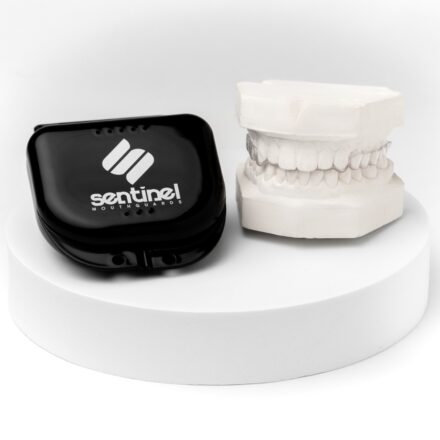 No-Show Day Mouth GuardOriginal price was: $149.00.$129.00Current price is: $129.00.
No-Show Day Mouth GuardOriginal price was: $149.00.$129.00Current price is: $129.00. -
Product on sale
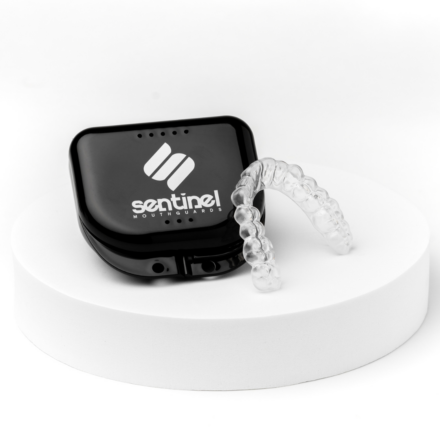 Durability Mouth Guard for Heavy Teeth GrindingOriginal price was: $215.00.$189.00Current price is: $189.00.
Durability Mouth Guard for Heavy Teeth GrindingOriginal price was: $215.00.$189.00Current price is: $189.00. -
Product on sale
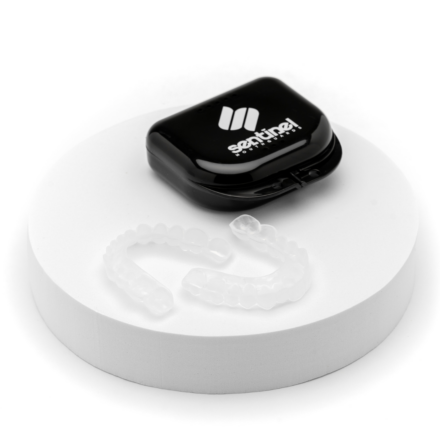 Tongue and Cheek Biting Relief Mouth GuardsOriginal price was: $189.00.$169.00Current price is: $169.00.
Tongue and Cheek Biting Relief Mouth GuardsOriginal price was: $189.00.$169.00Current price is: $169.00. -
Product on sale
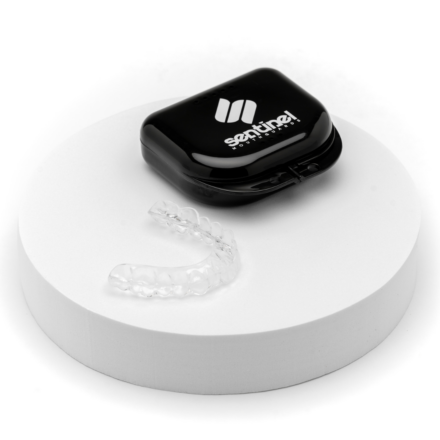 Custom Hard Night GuardOriginal price was: $169.00.$149.00Current price is: $149.00.
Custom Hard Night GuardOriginal price was: $169.00.$149.00Current price is: $149.00. -
Product on sale
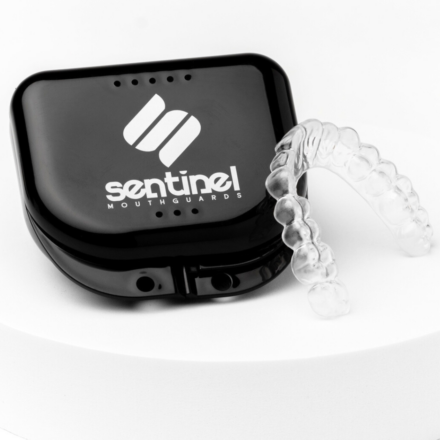 Custom Soft Night GuardOriginal price was: $149.00.$129.00Current price is: $129.00.
Custom Soft Night GuardOriginal price was: $149.00.$129.00Current price is: $129.00. -
Product on sale
 Custom Dual Laminated Night GuardOriginal price was: $169.00.$149.00Current price is: $149.00.
Custom Dual Laminated Night GuardOriginal price was: $169.00.$149.00Current price is: $149.00.
Practical Tips and Solutions
To overcome the challenges of closing your lips with a night guard, consider the following practical tips and solutions:
- Choose the right night guard: Opt for a night guard that suits your specific needs. Consult with your dentist or orthodontist to determine the most suitable type and size of night guard for your mouth.
- Make adjustments if needed: If your night guard feels bulky or uncomfortable, consult a dental professional to make adjustments or consider a different night guard option that offers a better fit and allows for easier lip closure.
- Practice proper lip positioning: Pay attention to the position of your lips while wearing the night guard. Practice consciously closing your lips gently and ensuring they are relaxed, which can help improve lip closure over time.
- Relaxation techniques: Incorporate relaxation techniques, such as deep breathing exercises, jaw stretches, and facial massages, to relieve jaw muscle tension. This can contribute to more comfortable lip closure while wearing the night guard.
- Seek professional assistance: If you continue to face difficulties in closing your lips with a night guard, consult with a dental professional. They can assess the fit, alignment, and any underlying issues, and provide customized solutions or recommendations to improve lip closure.
By implementing these practical tips and seeking professional guidance when necessary, you can enhance your experience with a night guard and achieve better lip closure, ensuring both comfort and the effective protection of your teeth.
Conclusion
In conclusion, wearing a night guard serves as an effective means to protect teeth from grinding and clenching during sleep. However, some individuals may encounter difficulties in fully closing their lips while wearing a night guard. Various factors can contribute to this challenge, such as the thickness or bulkiness of the night guard, incorrect bite alignment, jaw muscle tension or soreness, and allergic reactions or discomfort. Recognizing these reasons and implementing practical solutions, such as choosing the right night guard, making adjustments, practicing proper lip positioning, and seeking professional assistance, can help overcome the difficulty of closing lips with a night guard. By addressing these issues, individuals can ensure optimal comfort, protection, and overall satisfaction with their night guard usage, promoting oral health and a restful night’s sleep.
Want to learn more about Sentinel Mouthguards products and services? Visit our help center today!

